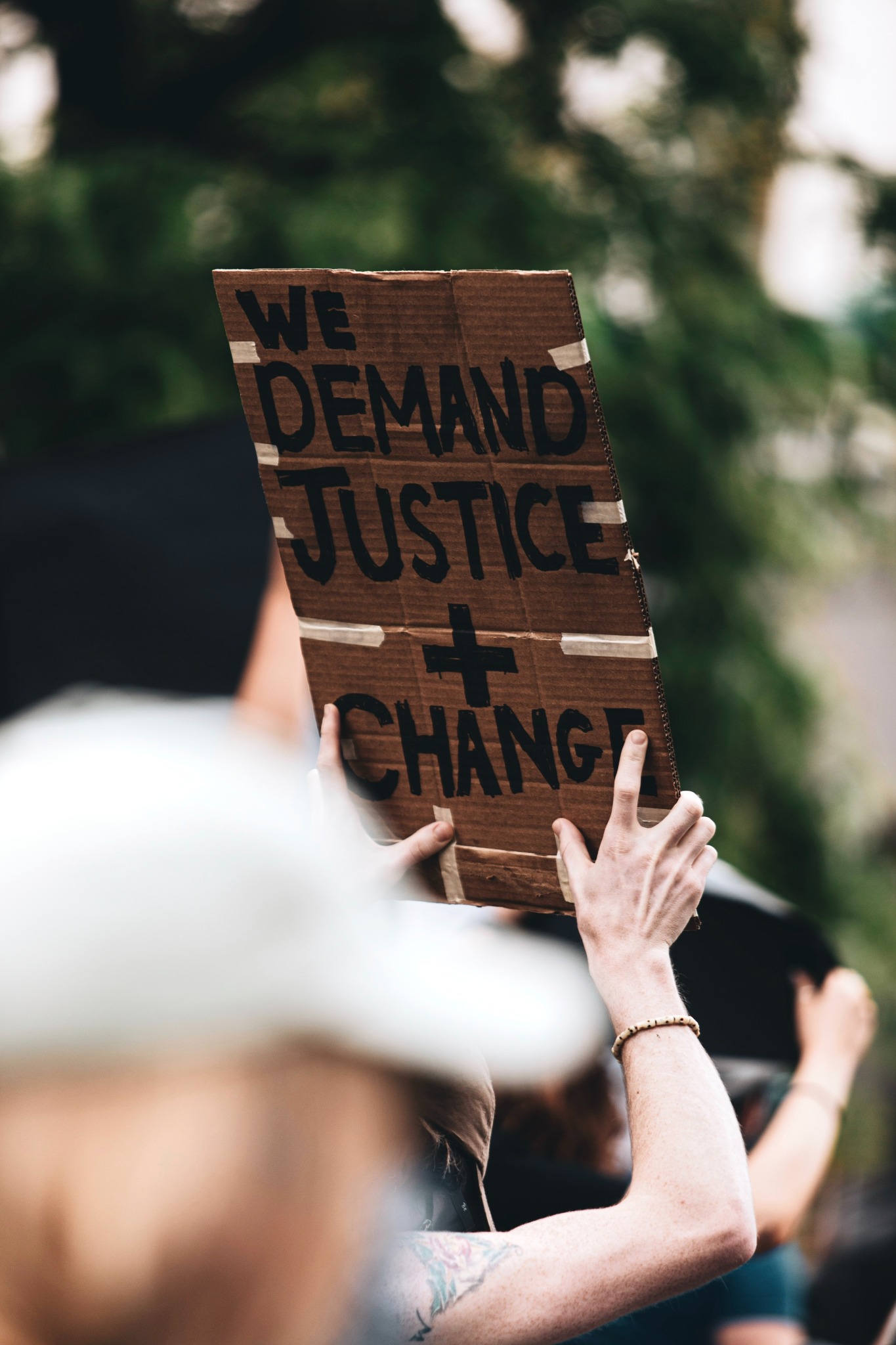We live in an era dominated by digital advancements—as well as bitter international conflict. Technology’s intersection with global affairs has paved the way for new approaches to addressing diplomatic tensions and human rights violations. One such groundbreaking initiative is the Berkeley Protocol on Digital Open Source Investigations, which sets international standards for conducting online research on alleged violations of international criminal, human rights and humanitarian law. The Protocol not only represents a much-needed step forward in the area of accountability and justice but also underscores the potential of digitisation as a tool for resolving international conflict.
Information is abundant online, but its reliability is dubious
Investigations regarding international disputes and humanitarian issues have long relied on open-source information. The early to mid-20th century saw the widespread extraction of intelligence from foreign radio broadcasts and print newspapers. This accelerated in the late 20th century with the introduction of the internet and exploded following the popularisation of social media and smartphones in the decade following. This boom in particular has seen the quantity and quality of open-source information changing dramatically.
Today, pretty much anyone with a smartphone and access to the Internet can create and distribute digital content globally in seconds. There is no widespread limitation on the quality, veracity or transparency of this content, and it can be shared with millions in seconds. On the one hand, this growing volume of information and the speed by which it’s transmitted and shared has assisted many open-source investigators in gathering and analysing information about international crimes and human rights violations. On the other, this information is not necessarily unmanipulated, reliable or unbiased, to say the least.
This, of course, has an enormous global impact. Disinformation in particular carries significant implications for global politics. It erodes public trust in institutions, governments and media, manipulates public opinion and can ultimately exploit existing societal divisions and exacerbate political polarisation, destabilising democracies. We’ve seen examples of this all over the world in recent years. Take the storming of the U.S. Capitol in Washington, D.C. on January 6th, 2021, for example. Disinformation such as false claims of widespread election fraud was thought to be at the helm of this dramatic event. The aftermath of January 6th prompted wider conversation about the topic, and increased scrutiny of disinformation and its role in shaping public discourse.
The Berkeley Protocol is set to disseminate good data from bad
Developed in response to the current lack of universal references, guidelines or standards for open-source investigations, the Berkeley Protocol on Digital Open Source Investigations has developed a comprehensive framework for leveraging digital tools in the pursuit of truth and justice. Having already conducted research and investigations in dozens of countries, including Syria, Iraq, Rwanda, Uganda, Myanmar, the former Yugoslavia and right at home in the United States, the Human Rights Center at the University of California, Berkeley that developed the protocol recognises the growing importance of reliable digital evidence in investigating and prosecuting crimes.
The protocol fundamentally seeks to set out principles and practices to help investigators with their work. When necessary, it also serves to facilitate the preservation of open-source information. By establishing guidelines for collecting, verifying and preserving said data, it hopes to be able to assist investigators in holding perpetrators accountable, creating a more stable and consistent basis for truth and justice.
It does this by creating international standards for conducting online research into potential violations of international human rights, international humanitarian and criminal law. It sets parameters for “methodologies and procedures for gathering, analysing and preserving digital information in a professional, legal and ethical manner”. Importantly, the Berkeley Protocol also protects online investigators by prescribing ways they can “protect the digital, physical and psychosocial safety of themselves and others, including witnesses, victims and first responders (e.g. citizens, activists and journalists), who risk their own well-being to document human rights violations and serious breaches of international law” (OHCHR Berkeley Protocol, 2022).
Beyond its immediate impact on justice and accountability, the digitisation of open-source investigations also presents opportunities for conflict resolution and prevention. Technology facilitates the rapid exchange of information, enabling timely responses to emerging crises and fostering international cooperation. Digital tools can empower individuals and organisations to expose wrongdoing, raise awareness and advocate for change, contributing to the prevention of human rights abuses and the mitigation of conflict.
However, while guidelines and training on the use of specific tools and software are an essential part of improving the quality of digital open-source investigations, the Berkeley Protocol doesn’t outline any specific technologies in development. Instead, it focuses on creating the underlying principles and methodologies that it hopes can be consistently applied, even as the technology grows and develops.
Digital tools for global peace, as well as climate protection
While the human cost of war is undeniable, the devastation extends beyond lives lost and communities displaced. Large-scale military operations have profound environmental consequences, contributing to climate change and ecological degradation. The use of vehicles, aircraft and machinery in warfare results in significant carbon emissions, exacerbating the global environmental crisis.
Intentional destruction of infrastructure, such as oil refineries, not only disrupts economies but also releases substantial amounts of greenhouse gases into the atmosphere. Deforestation, a common byproduct of armed conflicts, further compounds environmental challenges. Recognising the interconnectedness of environmental sustainability and global security is crucial for addressing the multifaceted impacts of conflict.
The Berkeley Protocol on Digital Open Source Investigations marks a milestone in harnessing the power of technology for justice and accountability in the face of the myriad complex international crises facing our planet and its inhabitants. As we navigate the complex landscape of conflict, human rights and climate violations, it serves as a beacon of hope that digitisation could serve as a force for positive change. By adhering to international standards and embracing the potential of technology, we can not only seek justice for victims but also work towards a more sustainable and peaceful world, mindful of the environmental consequences that accompany the devastating human toll of conflict.










